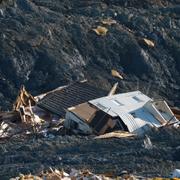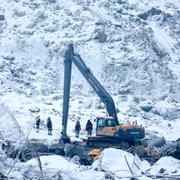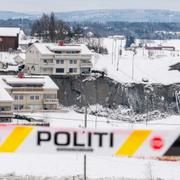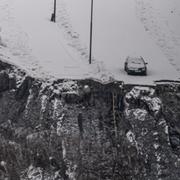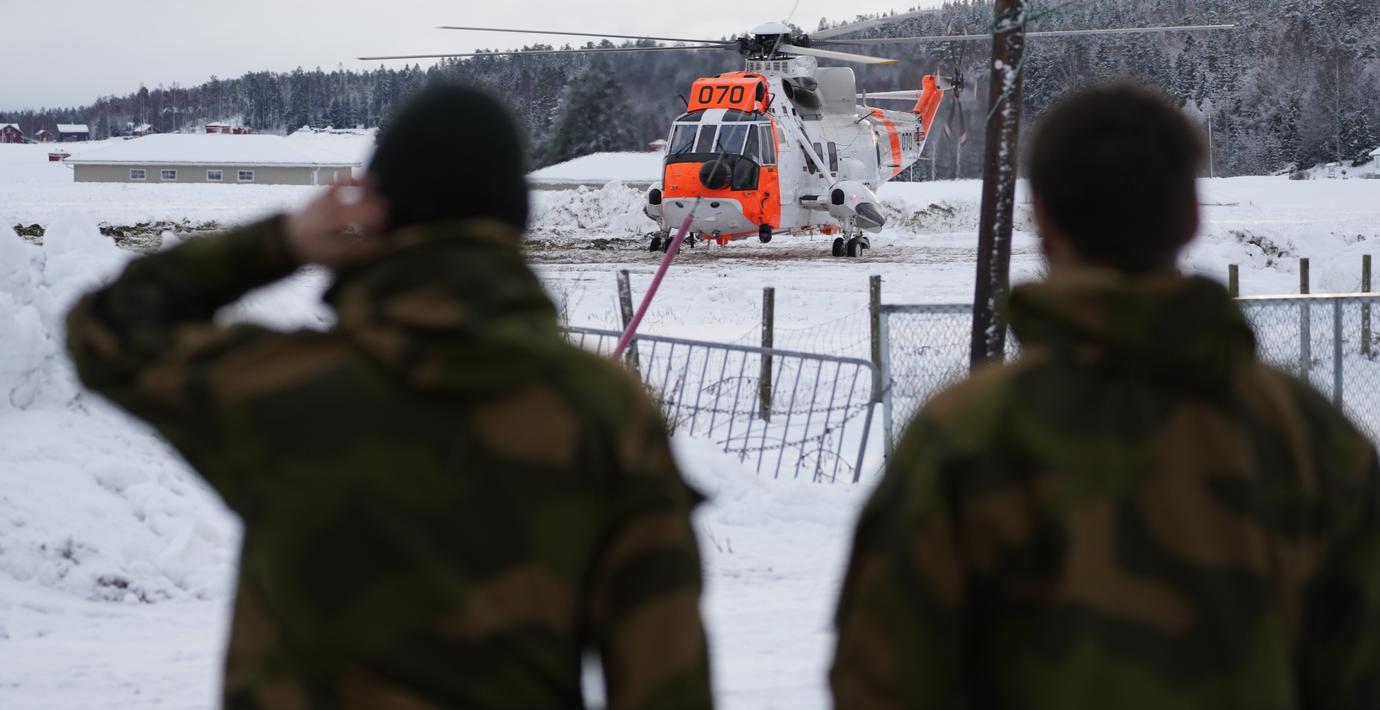
Svenskt USAR-team lämnar efter insats vid rasmassor
Den svenska USAR-expertstyrkan som bistått Norge efter jordskredet i Gjerdrum åker hem, skriver norska medier. Norge bedömer inte längre att hjälpen behövs.
USAR-team är specialiserade på att rädda människor ur raserade byggnader och andra konstruktioner i urbana miljöer. I stället ansluter ett team från Trondheim, uppger tidningen.
Myndigheten för samhällsskydd och beredskap (MSB) bekräftar att USAR-teamet från Sverige lämnar. Erik Flink, projektledare på MSB, säger i ett pressmeddelande att samarbetet har fungerat bra på alla nivåer, skriver Expressen. Enligt honom finns det en hög beredskap för att med kort varsel stötta de norska kollegorna igen om det behövs.
Nio människor saknas fortfarande efter skredet. Räddningsarbetet pausades under natten men återupptas och utvidgas under lördagen.
